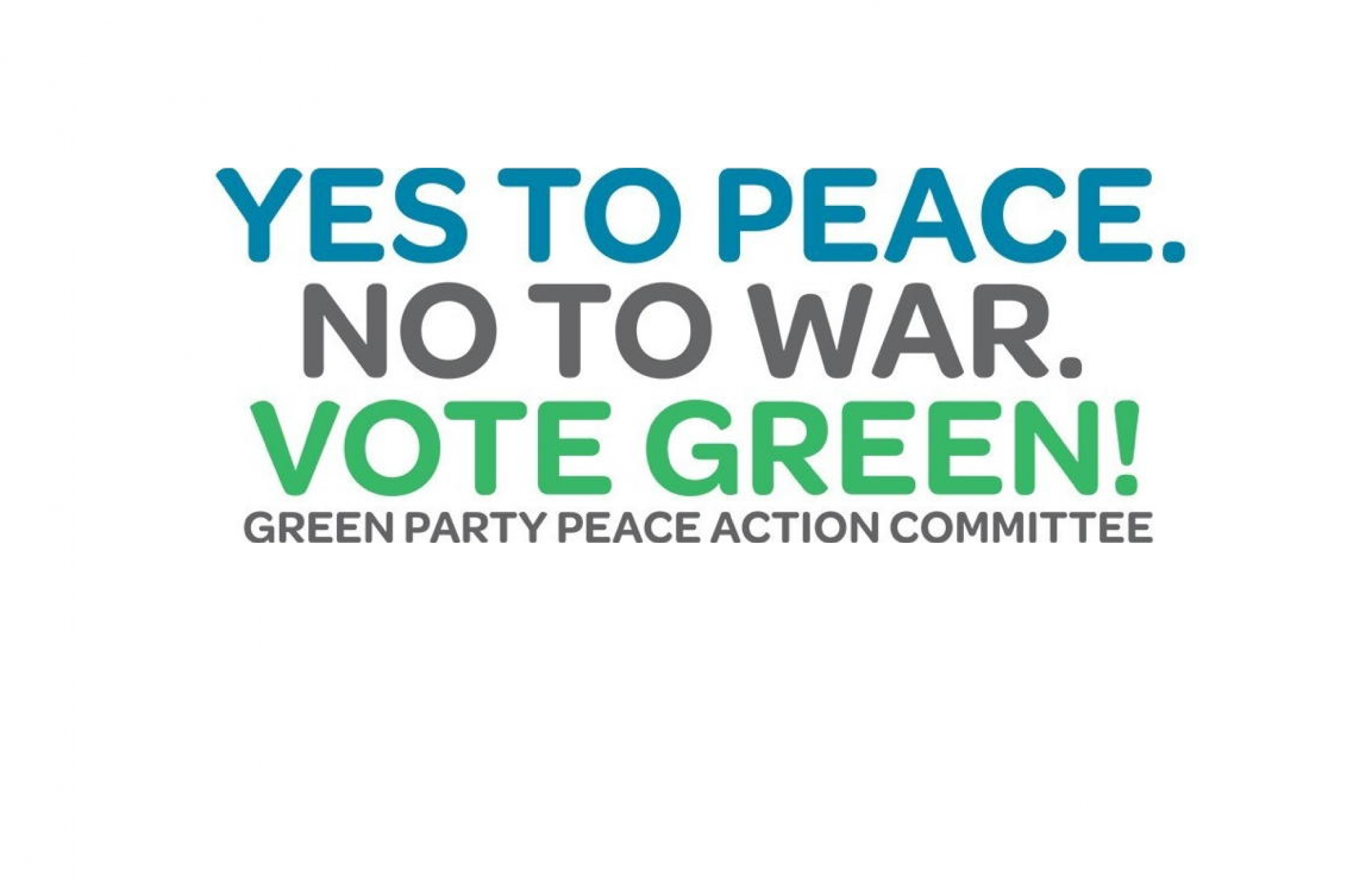As the Ukraine conflict expands into an economic war between the U.S. and Russia, it has become clear that U.S. foreign policy no longer serves the interests of the U.S. plutocracy. The following developments, engineered by Washington’s Neocons, will inflict increasing harm on the business interests of the United States:
- Freezing of the assets of the Russian central bank. More than $100 billion of Russian central bank assets held in U.S. financial institutions have been seized, resulting in permanent damage to trust in the safety of U.S. dollar deposits.
- Blocking Russian petroleum imports. Although the U.S. is less dependent on imports of Russian oil, there will be inflation of petroleum and commodity prices in the U.S., leading to reduced economic growth.
- Removing Russian financial institutions from the SWIFT electronic payments network. Russia, China, and India will resort to alternative electronic trading networks that will bypass SWIFT and reduce the role of the dollar in world trade.
- Encouraging dozens of U.S. corporations to abandon their Russian business operations. This action has nullified decades of U.S. investment in Russia and will likely lead to the permanent displacement of those businesses by competitors from other nations.
In 1953, a General Motors executive famously said that what was good for GM was good for America, indicating that there was no conflict between the goals of the U.S. government and U.S. business. Today, America’s Neocon ideologues are pursuing policies clearly detrimental to American business and damaging to the U.S. economy. How did this strange situation arise?
The Neocon project, originating with the collapse of the Soviet Union, was to forcibly spread liberal democracy worldwide, with the corresponding expansion of markets for U.S. global corporations. Launched as a response to the 9/11 attacks, the Neocon Global War on Terror was a military campaign aimed at imposing democracy and economic exploitation on the Mideast. After some initial success, this scheme turned into a costly series of stalemated and abandoned wars that spread ruin and chaos in Afghanistan, Iraq, Libya, and Syria.
Having been frustrated in military power projection, the Neocons have increasingly turned to economic warfare, imposing sanctions on unfriendly nations that cannot be cowed by threats of invasion. Iran, Venezuela, North Korea, and Yemen have been subjected to crippling economic sanctions causing vast human suffering but yielding no geopolitical triumphs. Thus, it came as no surprise that Russia’s attack on Ukraine would trigger massive economic sanctions from the U.S. and its NATO/EU allies.
Unfortunately for the Western business community, impairing the Russian economy through financial and trade sanctions also harms the U.S. and European economies. The Europeans will suffer disproportionally because of their dependence on Russian energy imports, but the U.S. will also suffer because of commodity price inflation; damage to the role of the U.S. dollar; and distrust sown among trading partners. If the economic war expands to China, there will be much more economic damage.
America’s plutocrats are slowly awakening to the fact that in enabling the Neocons, they have created a monster that is now damaging their vital interests, but it is too late for them to tame this monster. Neocon ideology has fully permeated the U.S. political establishment and the media, and opposition to the Neocon economic warfare agenda is now branded as unpatriotic if not treasonous. It is now generally accepted in Washington that America has a right and a duty to bend all other nations to our will by any means necessary, whatever the cost.
The Neocons will not go gently into the night of their failed ideology. Their organizations, reputations, and livelihoods are at stake. They will cling to even the smallest possibility of a final triumph, doubling down at every opportunity rather than accepting defeat. Unlike the plutocrats, they have no financial capital at risk; only their careers are at stake. To this day, the advocates of the disastrous War on Terror regime change invasions are fully in control of U.S. foreign policy and are ratcheting up conflict with Russia and China.
History shows that once a nation becomes dominated by a pernicious ideology, its business community is powerless to change the course of foreign policy. This was the case in WWII Germany and Japan, as business leaders, who earlier supported expansionist militarism, watched helplessly as their assets were destroyed in losing wars. It remains to be seen whether the damage inflicted on the U.S. by the Neocons will be limited to years of economic decline or will extend to the catastrophe of a nuclear war. The American plutocracy sowed the wind by backing the Neocons, and it will now reap the whirlwind of Neocon foreign policy folly.
Haig Hovaness
Co-Chair, U.S. Green Party Peace Action Committee
